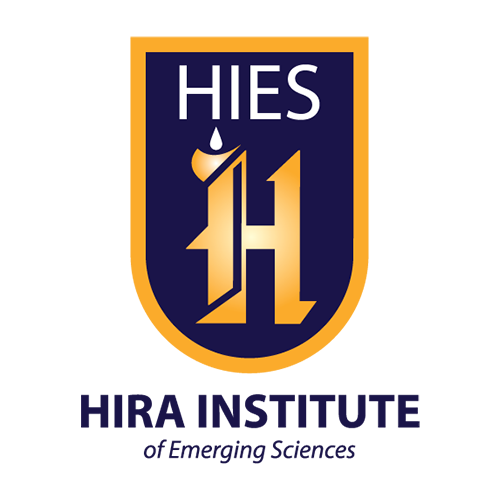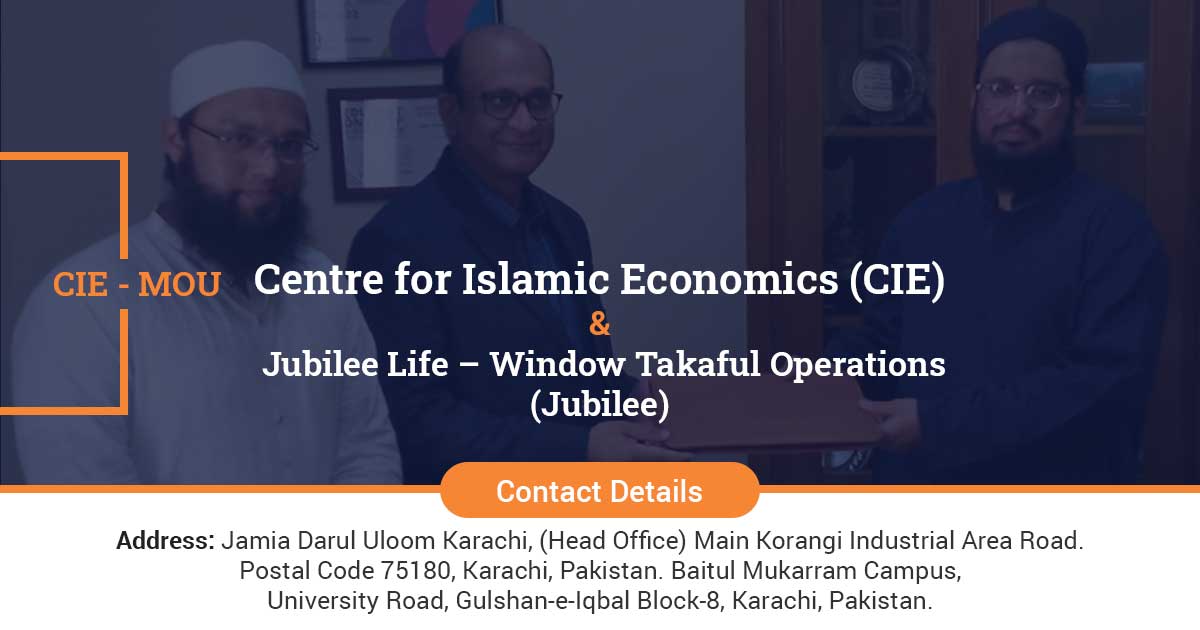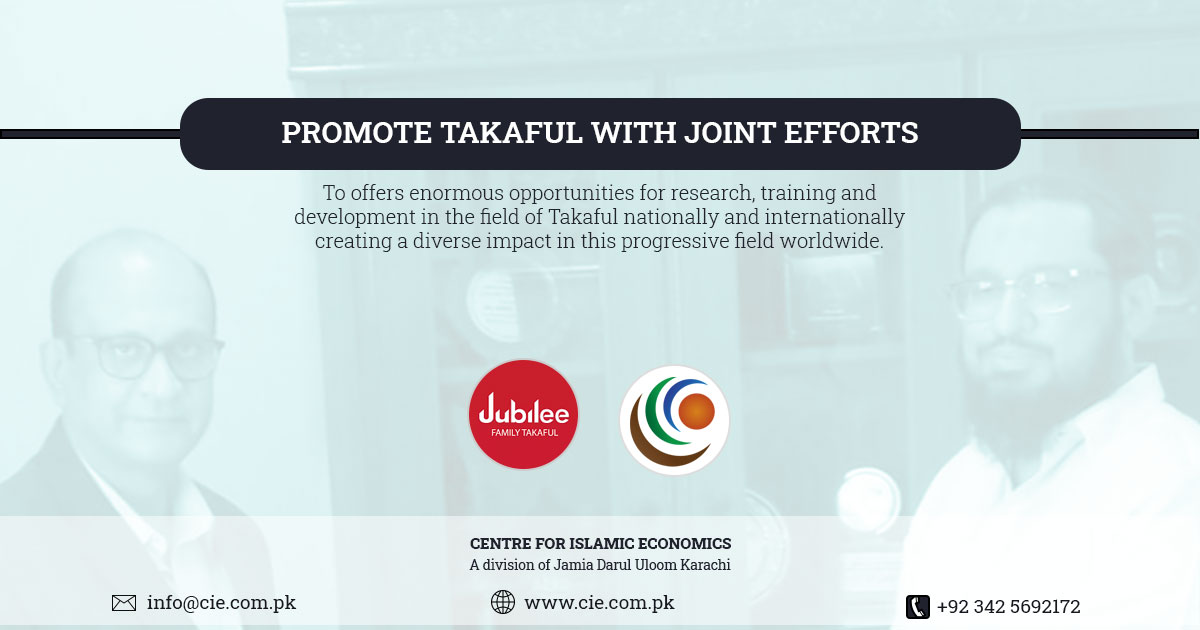Introduction In today’s globalized world,...
More- 1 YEAR PGD
- CERTIFICATION OF AAOIFI SHARIAH STANDARDS
Post Graduate Diploma
In Islamic Banking & Takaful
This Opportunity is for:
- Ulma Karam
- University and Madaris Students
- Professionals (Banking and Non-Banking)
- Male & Female
Starting From 15th January 2026
JOIN NOW!
5 Months Weekend Certification
This course provides a comprehensive understanding of the Shariah standards that govern Islamic financial institutions, as developed by the Accounting and Auditing Organization for Islamic Financial Institutions (AAOIFI).- Module 1: Foundations of Shariah-Compliant Finance
- Module 2: Trade and Commercial Contracts
- Module 3: Partnership and Investment Structures
- Module 4: Risk Management and Liability
- Module 5: Modern Banking Applications
- Module 6: Socio-Economic Finance and Governance
Register Now
INTRODUCTION TO CIE
Centre for Islamic Economics (CIE) was established on Safar 22nd, 1413, corresponding to August 22, 1992, under the chairmanship of Justice (R) Mufti Muhammad Taqi Usmani with the mission to train and develop a team of Shariah-oriented bankers and Islamic professionals to work as change agents in transforming the current interest based financial system into an interest-free Islamic financial sector. CIE has been able to invoke the interest of large numbers of entrepreneurs from trade and industry and executives from within the financial sector for related Islamic business management principles and practices.
The basic rationale for setting up this institution is to propagate the guidelines of an Islamic Economics System by undertaking research to enable the economic, financial and banking activities in Pakistan and other Muslim countries to conform to Shariah and to extend training facilities to personnel engaged in economic development activities in the Muslim world. With the emerging importance of this field a need arises for an organized forum to equip the youth with the education of Islamic economics and finance as well as train the professionals in the practical field so that they can switch their current day business practices to shariah guidelines. Centre for Islamic Economics (CIE), a division of Jamia Darul Uloom Karachi aims to fulfill this need.
Course Register Now!
If you face any difficulty, please email to info@cie.com.pk
THE OBJECTIVES OF CIE
The primary objective of the Centre for Islamic Economics is to carry out concerted efforts in executing each of the following five distinct activities with diligence and persistence:
Education
Research
Propagation & Awareness
Business Community
Regulatory Authorities
Consultancy
FEATURE COURSES
The basic rationale for setting up this institution is to propagate the guidelines of an Islamic Economic System by undertaking research to enable the economic, financial & banking activities in Pakistan & other Muslim countries to conform to Shariah & to extend training facilities to personnel engaged in economic development activities in the Muslim world.
BOARD OF DIRECTORS
The primary objective of the Centre for Islamic Economics is to carry out concerted efforts in executing each of the following five distinct activities with diligence and persistence:
Maulana Dr. Muhammad Imran Ashraf Usmani
Member Executive Committee
Shariah Advisor Meezan Bank Limited
Maulana Dr. Muhammad Zubair Ashraf Usmani
Member Executive Committee
Chairman Shariah Board- HBL Islamic Banking
Our Projects
CIE – MOU Centre for...
MoreExecutive Director – Centre...
More












